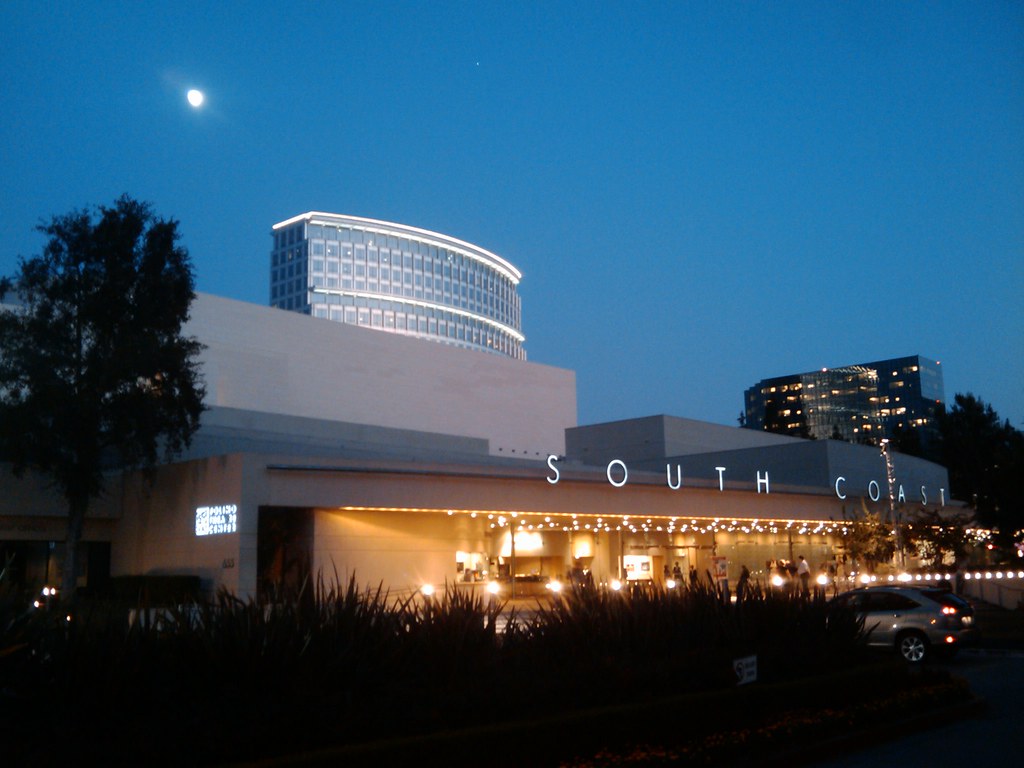Despite an overall 7.0 rating, there are a slew of one– and two-star reviews of Into the Woods on IMDB. Did these people see the same movie I did? As I looked through several pages seemingly sorted by rating, a few common threads emerged:
1. Too much singing! It’s a musical. Unfortunately, the trailers seemed to be trying to hide this fact.
2. It wasn’t a fluffy, happy family movie. Well, no. It’s supposed to be a darker, more complex take on the stories. Again, the ad campaign wasn’t entirely clear on this, and several people said they had expected it to be kid-friendly because of the Disney name. That says something about the power of the Disney brand (especially when associated with fairy tales), and makes me wonder if it would have been better to release it through, say, Touchstone.
Interestingly, the things people were most upset by are things that were toned down (or moved off-screen) from the stage version. I guess the studio shouldn’t have bothered with those notes. And one recurring complaint, Cinderella’s stepsisters’ more extreme efforts to get into the shoe, is actually in the Brothers Grimm version (where her name is translated as Ashputtel).
Those two threads are a failure of the ad campaign to prepare people for what they were going to see. (Though the viewers complaining that it’s “not PG” seem a little unclear on the concept of “Parental Guidance suggested: Some material may not be suitable for children.”) But then there’s this…
3. It should have stopped before the final act. That would be missing the point, which is to follow through with the consequences of what everyone did in act one, and the personality traits that brought them through it.
Consider: How does Cinderella fit in with the royal family? How does Red Riding Hood deal with the trauma of her experience with the wolf? How is Rapunzel affected by her life in isolation? The baker and his wife had a lot of trouble working together just to get their child; how are they going to handle raising him? The princes are still going to be charming, and they’re accustomed to the chase. And when you come down to it, Jack broke into someone’s house, stole a bunch of stuff, and then killed him.
Admittedly, the second act isn’t as strong in the movie as it is in the play, because they cut out a lot of it…but I’ve heard the same complaint leveled at the show. That would be like cutting the second act of The Fantasticks. You could perform just the first act, sure, but it would be much less meaningful.
Once you get to the three-star reviews, you find more people who still didn’t like it, but understood what it was supposed to be. They didn’t like the performances, or thought the story structure didn’t hang together, or just don’t like Sondheim, or knew it was going to be a darker take but still didn’t like it. Fair enough. Everyone has different tastes, and what works for one viewer doesn’t always work for someone else. But at least they disliked it for what it was, not for what it wasn’t.
Though it would help if the ads had been a bit more clear.

